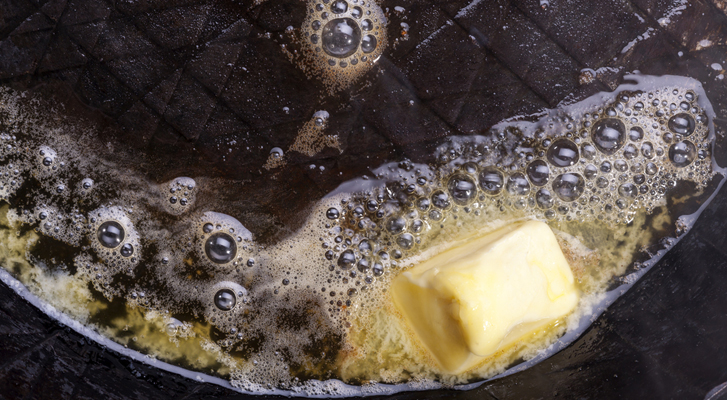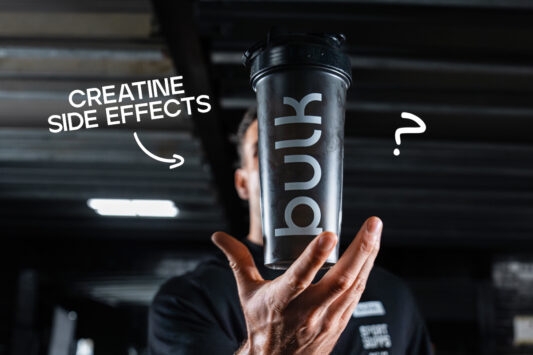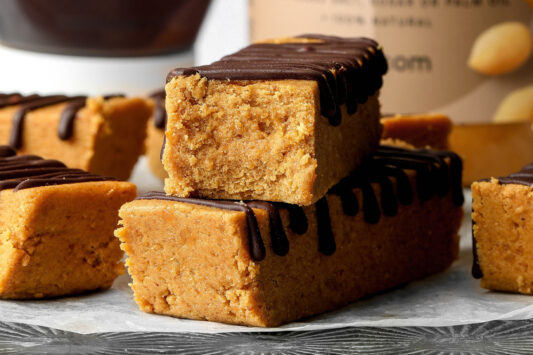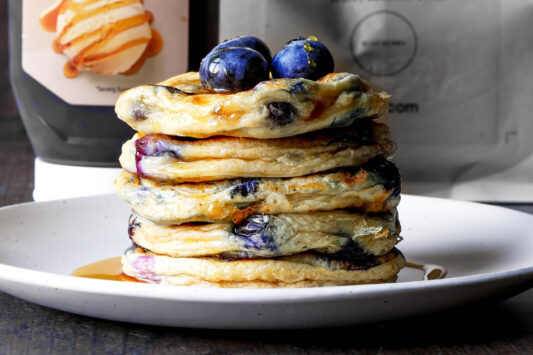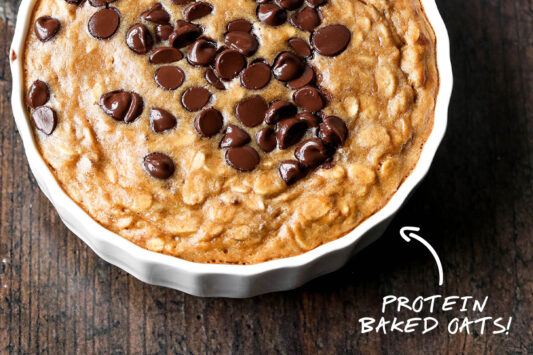This week has been pretty confusing for anyone wondering what to spread on their sandwiches or cook their steak in as more claims about butter and fats hit the headlines. It can be hard to know what’s true when the press spread their version of Broscience across the media. We’ve had a dig into some of the recent articles highlighting the relationship between sat fat and health issues and tried to drill down to the truth.
Butter may be no worse for your heart than using ‘healthy’ low-fat alternative
In The News: This week new research undertaken by the British Heart Foundation revealed that butter could be no worse for your heart than low-fat spreads. Their research looked at 600,000 people from 18 different countries and found no definite link between saturated fats and heart problems.
It had previously been thought that butter, rich in saturated fat, increased the risk of heart disease by increasing blood cholesterol levels. And that ‘healthy’ polyunsaturated fats like sunflower spreads or olive oil promoted heart health. This latest research has found that these healthy fats are not necessarily good for you.
The Truth: The stats don’t lie, and as the research shows, butter is clearly not as bad for you as was once thought. However, polyunsaturates are getting an undeserved bad rep. All the research shows is that a diet rich in polyunsaturated fats but low in saturated fats doesn’t necessarily reduce the risk of cardiovascular disease – but a diet rich in saturated fats may still increase the amount of cholesterol in the blood. The advice on staying heart healthy still remains as “stop smoking, stay active, and ensure your whole diet is healthy”.
Don’t Fear The Fat
In The News: Due to the findings in the research mentioned above, the tabloids are now saying that sat fat isn’t that bad. Although you shouldn’t gorge yourself on cream and cheese, natural products like butter are good for you, and the alternatives of polyunsaturated fats don’t offer any heart protection – so should be avoided. If it doesn’t clog your arteries, then get stuck in, right?
The Truth: This has all been taken a little out of context. In the 1960’s studies showed that saturated fat increased LDL (bad) cholesterol and people assumed that this would lead to heart disease. It has taken over fifty years for this to be proved an inconsistent theory – not wrong one. It turns out that the relationship between cholesterol and heart disease is a complicated one, and LDL is just one indicator of risk. More important are the levels of ‘good’ LDL to ‘bad’ DHL found in the body. So its a good thing to consume fats – in a balanced diet.
The other, slightly obvious thing (but that none of the press articles we’ve found have mentioned!) is that most foods containing sat fats are also bad for your body in terms of nutritional value and calories. Sausages contains lots of sat fat, lots of calories, and not a whole lot of anything good (unless the meat content is very high), whereas fish like salmon contains lots of protein, very little carbs and also a good amount of Omega-3, which has been proven to lower the risk of heart disease.
Conclusion
Fats are not bad for you, although you probably knew that already. And although you may read about how sat fats aren’t bad for you – just remember that they’re not good for you either. So by sticking to lots of polyunsaturated fats and monounsaturated fats you’ll be keeping your body in optimum health.
The Scientific Advisory Committee on Nutrition (SACN) is currently reviewing the evidence on carbs and a consultation on new guidelines will begin this summer when we hope that the advice given by many medical professionals, dieticians and die-hard paleo fans will reach a wider, mainstream audience.
BULK POWDERS™ recommends
We sometimes like to use butter when cooking but an alternative, instead of sunflower spreads, olive oils and vegetable oils (which disrupt the optimal omega 3: omega 6 ratio), is our Active Foods Organic Virgin Organic Oil. Like butter, it contains the saturated fats myristic acid and lauric acid which are good for immune health.
Packed with medium-chain tricylgercies, our Organic Virgin Coconut Oil tastes great when used as a spread and is stable enough to resist oxidative damage caused by heat. This means it retains its nutritional goodness when cooking.
If you happen to be waiting for your BULK POWDERS™ order to arrive, in the meantime we’d suggest a small amount of butter for low temperature cooking or Macadamia Nut Oil for higher heats.
